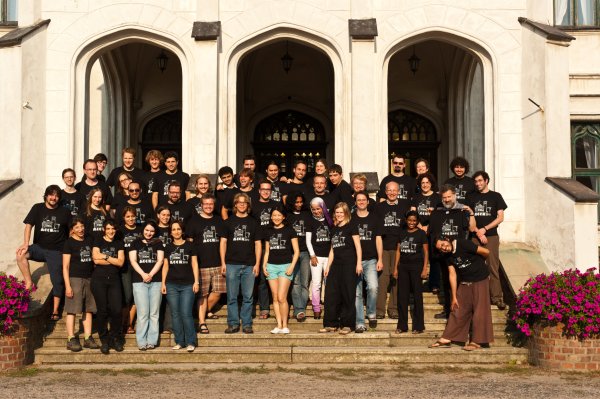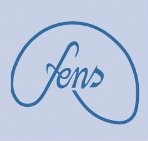Advanced Course in Computational Neuroscience 2012
A FENS-IBRO Training Centre
Będlewo,
Poland, July 30-August 24, 2012
About the course
[New: 12/9/2012] Call for future ACCN site.
The course has two complementary parts. Mornings are devoted to lectures given by
distinguished international faculty on topics across the breadth of experimental and
computational neuroscience. During the rest of the day, students are given practical
training in the art and practice of neural modelling, by pursuing a project of their
choosing under the close supervision of expert tutors.
The first week of the course introduces students to essential neurobiological concepts
and to the most important techniques in modelling single cells, networks and neural systems.
Students learn how to solve their research problems using software packages such as MATLAB,
NEST, NEURON, XPP, etc. During the following three weeks the lectures cover specific brain
areas and functions. Topics range from modelling single cells and subcellular processes
through the simulation of simple circuits, large neuronal networks and system level models
of the brain. The course ends with project presentations by the students.
The course is designed for advanced graduate students and postdoctoral fellows from a
variety of disciplines, including neuroscience, physics, electrical engineering, computer
science, mathematics and psychology. Students are expected to have a keen interest and basic
background in neurobiology as well as some computer experience. Students of any nationality can apply.
A maximum of 30 students will be accepted. We specifically encourage applications from researchers who work
in the developing world. These students will be selected according to the normal submission
procedure.
Applications, including a description of the target project must be
submitted electronically
and will need to be accompanied by the names and email details of two referees
who have agreed to furnish references. Applicants will need to ensure that their referees
have submitted their references. Applications will be assessed by a committee, with selection
being based on the following criteria: the scientific quality of the candidate (CV) and of the
project, the recommendation letters, and evidence that the course will afford substantial
benefit to the candidate. Funding
The main support of the ACCN comes from FENS and IBRO. We have two special scholarships to support participants. OCNS award
Organization for Computational Neuroscience awards $2000 to a participant in need who is a member of OCNS at the moment of application. NIDA award
National Institute of Drug Abuse will cover the fee and travel of one American participantl.
We welcome other organizations and private donors wishing to support ACCN participants through similar or different schemes.
Download the leaflets:
A4,
A5,
Letter.
Download the poster: A2.
Previous Courses
2011 Advanced Course in Computational Neuroscience
2010 Advanced Course in Computational Neuroscience
All the previous courses.
Participants of ACCN 2011
Funding
The 2012 Advanced Course in Computational Neuroscience is supported by
the Programme of European Neuroscience Schools and various academic and private institutions. If you would like to sponsor ACCN, please contact us.
|










